After receiving a match for a residency, medical school graduates will experience intense emotions. The first feeling will be of excitement at having received a spot. The next feeling may be relief at not having to compete for open positions or waiting a year to match again, and finally, future residents will feel nervous. The root of these nerves might be the difficult training to come, meeting new peers and mentors, or relocating to a new location. Relocating can be stressful, but there are some steps future residents can take to ensure their transition to the new position goes smoothly during their time both in and out of the hospital.
Finding A Space of Your Own
After receiving a residency match, the first thing that comes to mind will most likely be the three to seven years you will spent at the institution. The second thing will be finding a comfortable place to relax in between shifts. Determining what type of housing a resident prefers is key. There is always the option to rent or buy, but for many students with loans or no clear path after residency, renting makes the most sense. For International Medical Graduates, finding a rental property that already includes furniture in a good idea as internationally moving belongings one might already own can be expensive and difficult. If furniture is not provided, residents should look into furniture rental companies, which often include a moving rate in the rental fee of its furniture.
Considering location and size of a residence should also be a factor in the decision. Depending on what your familial needs are, a larger space may be needed or a home that allows for dogs or is in a good school district. Although this might be difficult if the residency is located in a city, where apartment housing is the majority, it is not impossible with proactive planning. Personal desires can also help to determine where to look for housing. If the resident enjoys being in nature, living in the vicinity of a park may provide a good mental break from a busy schedule. No matter what a resident hopes for in their living situation, the key is to plan early. This allows for a wider range of options and time to view them in person or online to determine if they are the right choice for the resident.
Planning Ahead
While planning ahead is important in terms of finding housing, it is equally important in other aspects of residency. Because a residency is the final step to becoming a physician, residents should do everything in their power to perform well. This means taking care of patients, keeping up with studies, and being on time. For international residents who may not have a license or car, being on time can be difficult. Although affordable and convenient, public transportation is not always punctual. To avoid showing up late to the office, residents should plan ahead, take earlier bus or train schedules, or, if driving, leaving enough time for possible accidents or traffic that may come up.
In addition to planning transportation to and from the office, residents should also plan their finances carefully. Many residents will be in the process or saving up to pay off student loans. Sticking to a budget is important. Where a residency is located might make the cost of living and housing more expensive. In these cases, it is worthwhile to consider medical residency relocation loans. These loans can be used to pay for medical supplies, exams, residency interviews, moving costs, and other expenses. While many loans are reserved for US medical residents only, a few accept International medical residents if they have someone co-sign.
Creating Connections
When moving to a new place, it’s easy to feel alone. Although it can be difficult to branch out and make connections, there will be times during your residency when you need a network of friends, colleagues, and community members to lean on. Introducing yourself to neighbors after moving should be prioritized. Residents who have children or pets might depend on these new friends when they are stuck at the office and unable to be home. In addition to friendships outside the hospital, creating connections with peers and physicians is invaluable. Remembering that other residents are new and probably also nervous can help build the confidence needed to say hello. These individuals may be able to help down the road with questions or advice. Physicians are equally important to reach out to as many jobs in the medical field are secured through referral and by word of mouth. Good relationships can put residents in a good place for finding their future job.
For more information on how to meet other residents, pack for the big move, and plan a relocation click here.
Interested in applying for a residency position? A clinical rotation in the U.S. is required.
Explore and apply to rotations with AMO >


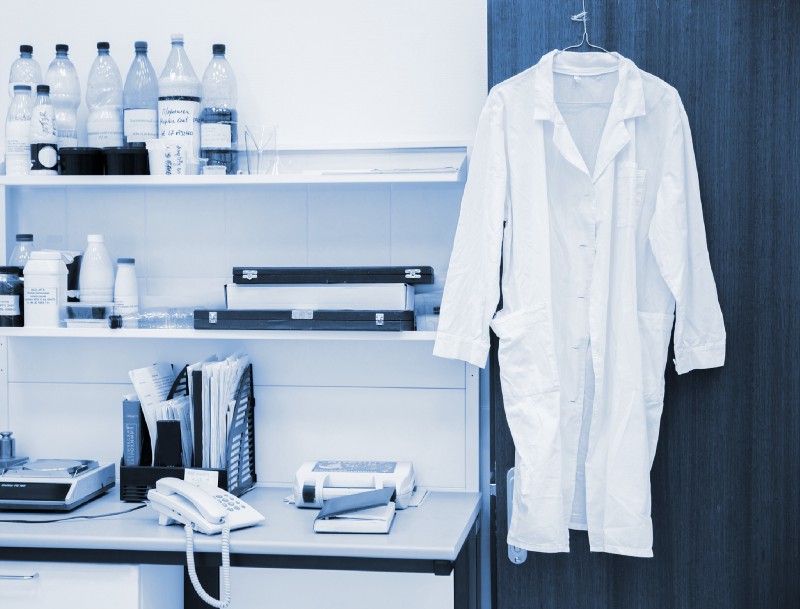
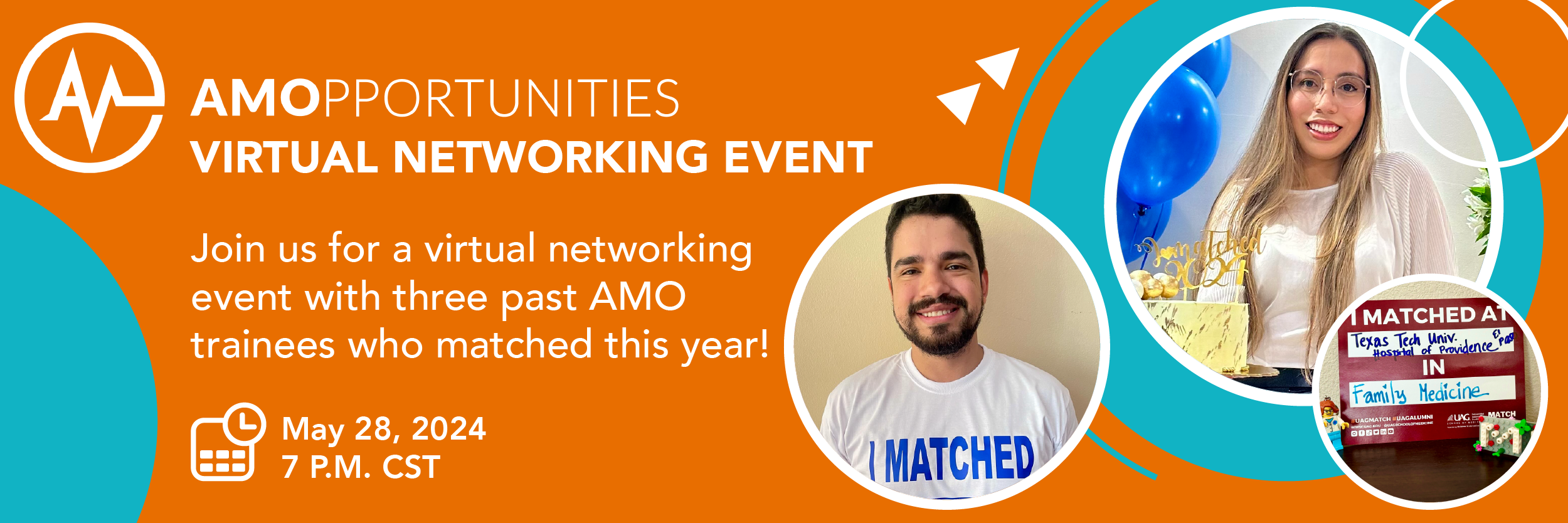
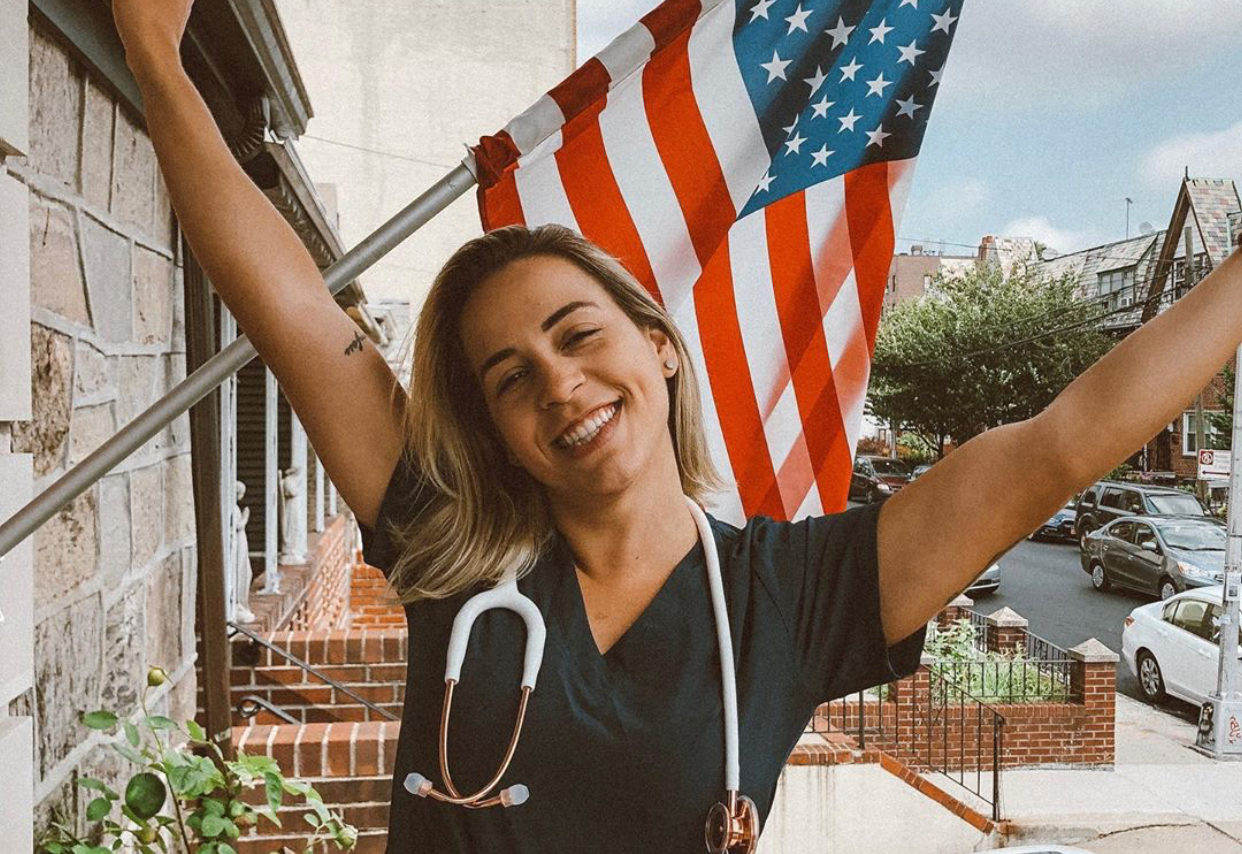
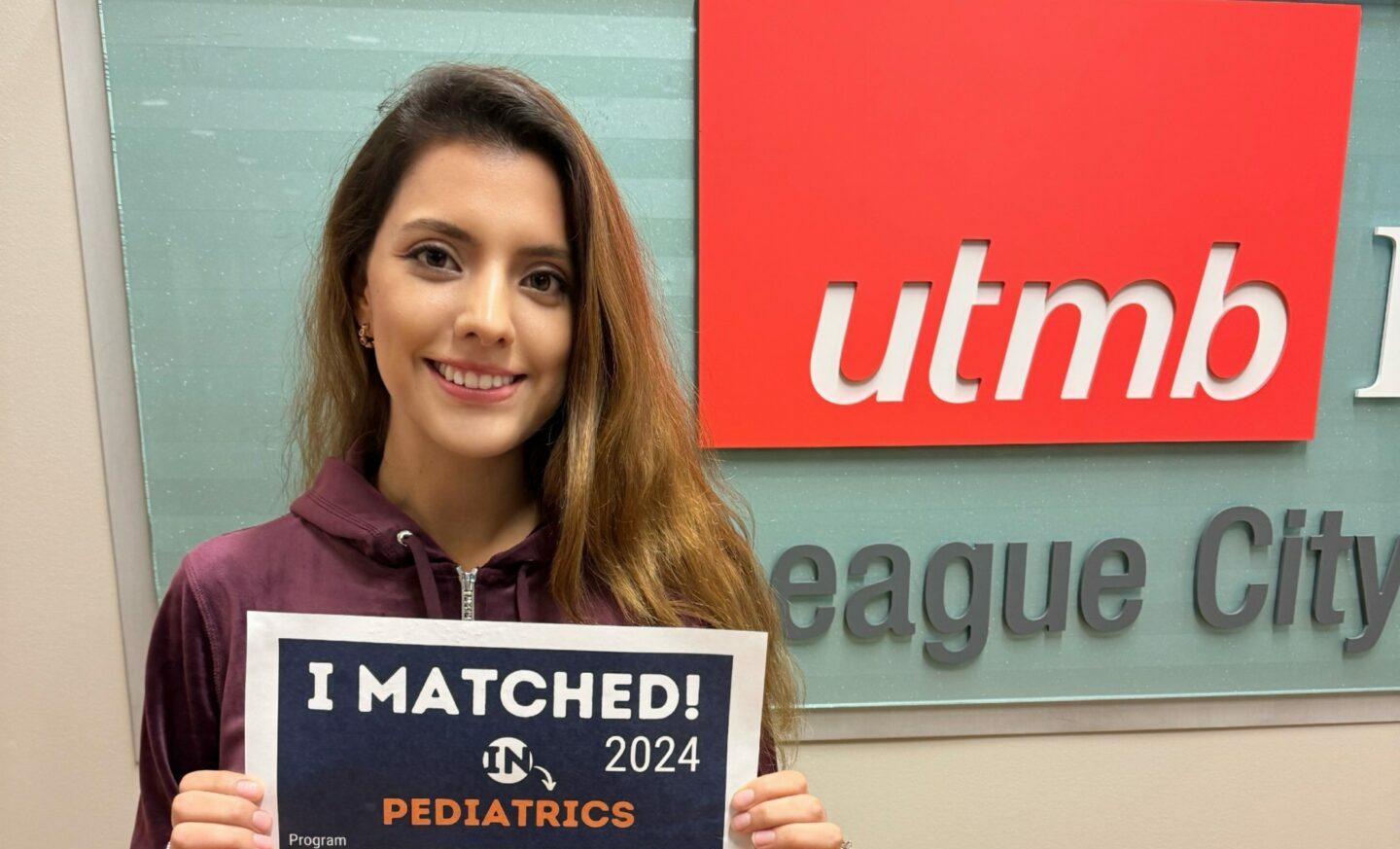
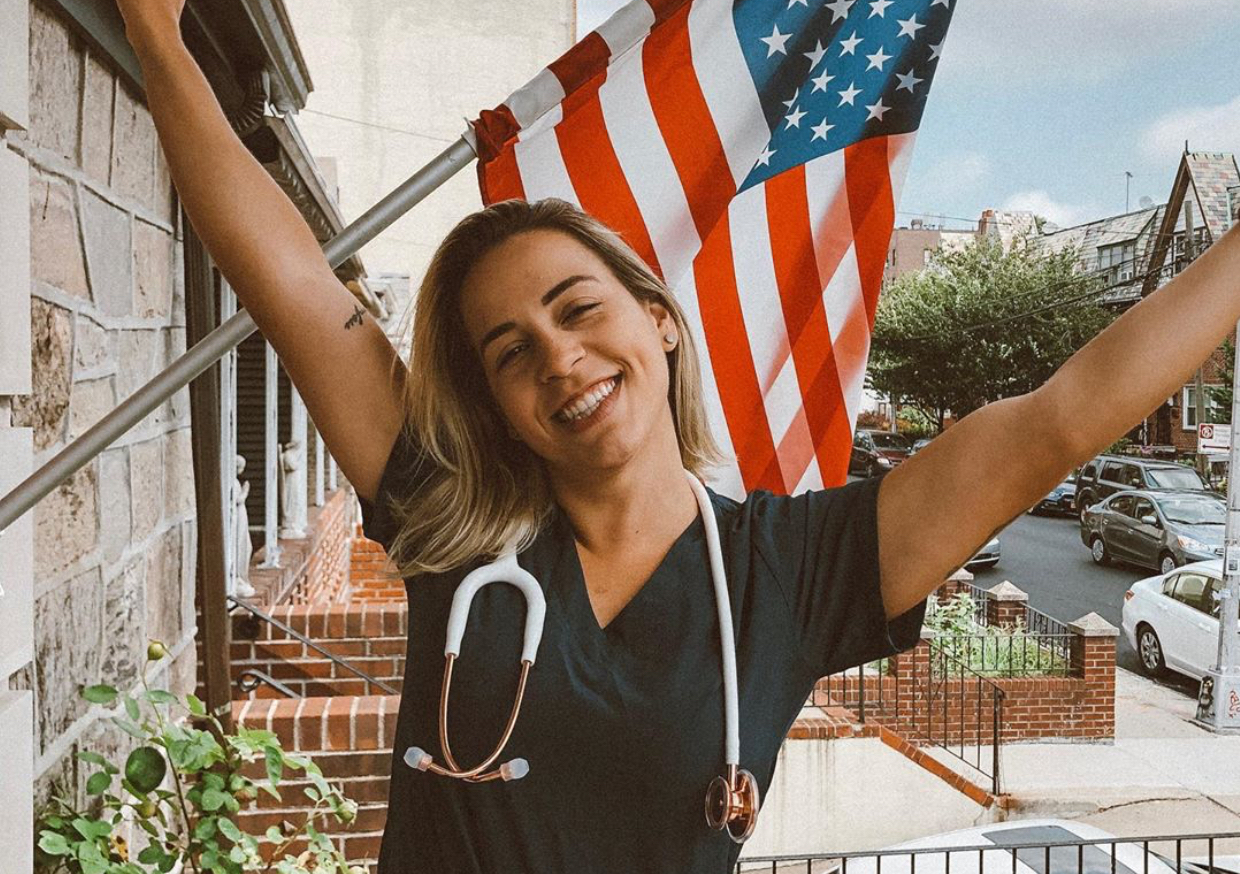
Leave A Comment